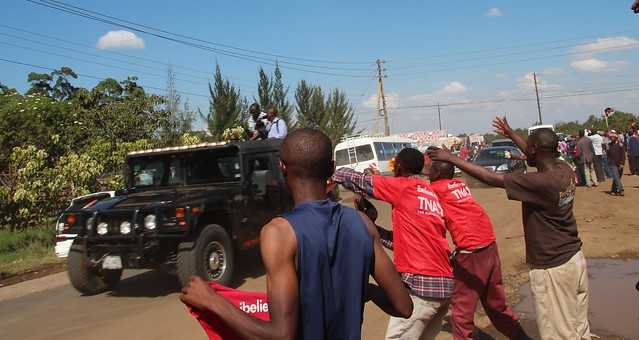Burundi, Tutsis and Hutus — ICC Investigation Into Crimes Against Humanity
Burundi, Tutsis and Hutus — ICC Investigation Into Crimes Against Humanity
In 2017, the International Criminal Court (ICC) opened a formal investigation into crimes against humanity in Burundi. The decision came amid ongoing ethnic and political violence rooted in a complex history of Hutu and Tutsi relations in the Great Lakes region of Africa.
Historical Background of Hutus and Tutsis
The Hutus, originally agriculturalists, settled in the Great Lakes region of Central Africa between 500–1000 BCE. The Tutsis, nomadic cattle-herders from Ethiopia, migrated into the area about 400 years ago and gradually adopted local languages and customs.
During the late 19th century, colonial rule — first German, then Belgian — deepened divisions. Belgium required ethnic identity cards and favored Tutsis for education and leadership, creating a hierarchy that sharpened social and economic divides. Though originally more about wealth and cattle ownership than ethnicity, these differences hardened under colonial policies.

The International Criminal Court’s Role
The International Criminal Court (ICC), based in The Hague, prosecutes individuals for genocide, war crimes, and crimes against humanity when national courts are unable or unwilling to act. Its mission is to complement, not replace, domestic justice systems.
In August 2017, a UN Commission of Inquiry reported ongoing crimes against humanity in Burundi, including murder, sexual violence, and persecution. The report named alleged perpetrators among senior officials in Burundi’s National Intelligence Services, police, military, and the youth league of the ruling party, the Imbonerakure. The UN urged the ICC to investigate.
Burundi Withdraws from the ICC
Burundi became the first country ever to withdraw from the ICC in October 2017, just as the Court authorized its investigation. The government accused the ICC of unfairly targeting African nations. That same year, The Gambia and South Africa also announced plans to leave but later reversed their withdrawals.
The ICC investigation moved forward despite Burundi’s exit, as the crimes under review occurred while the country was still a member state.
The United States and the ICC
For context, the United States is not a State Party to the Rome Statute. President Clinton signed the treaty in 2000 but never submitted it for Senate ratification. President George W. Bush opposed joining, while the Obama administration maintained an observer relationship.
African ICC Member States
Below is a list of African countries and their ICC membership dates:
- Benin (2002)
- Botswana (2000)
- Burkina Faso (2004)
- Cabo Verde (2011)
- Central African Republic (2001)
- Chad (2007)
- Republic of the Congo (2004)
- Côte d’Ivoire (2013)
- Democratic Republic of the Congo (2002)
- Djibouti (2002)
- Gabon (2000)
- The Gambia (2002)
- Ghana (1999)
- Guinea (2003)
- Kenya (2005)
- Lesotho (2000)
- Liberia (2004)
- Madagascar (2008)
- Malawi (2002)
- Mali (2000)
- Mauritius (2002)
- Namibia (2002)
- Niger (2002)
- Nigeria (2001)
- Senegal (1999)
- Seychelles (2010)
- Sierra Leone (2000)
- South Africa (2000)
- Tanzania (2002)
- Tunisia (2011)
- Uganda (2002)
- Zambia (2002)
Burundi’s 2017 withdrawal marked the first time a nation left the ICC while under investigation for crimes against humanity.







